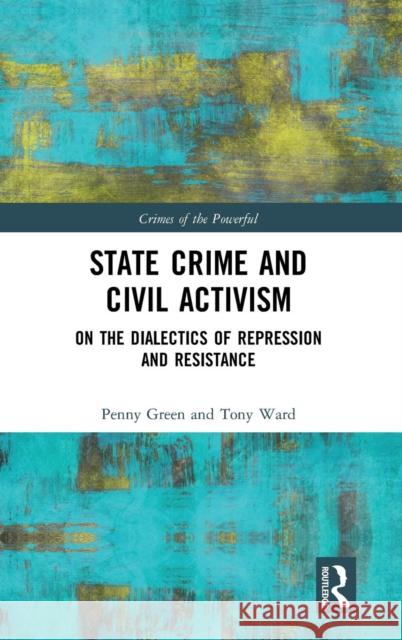State Crime and Civil Activism: On the Dialectics of Repression and Resistance » książka
State Crime and Civil Activism: On the Dialectics of Repression and Resistance
ISBN-13: 9781138189775 / Angielski / Twarda / 2019 / 294 str.
State Crime and Civil Activism: On the Dialectics of Repression and Resistance
ISBN-13: 9781138189775 / Angielski / Twarda / 2019 / 294 str.
(netto: 715,64 VAT: 5%)
Najniższa cena z 30 dni: 654,86
ok. 16-18 dni roboczych.
Darmowa dostawa!
A fundamental problem within state crime scholarship surrounds the way in which state violence and corruption come to be defined and labelled as criminal, since states rarely criminalise their own activities. Should 'crime' be conceptualized as a legal construct - something defined and punished by domestic and international courts - or is it better understood as a violation of social norms that may or may not reflect legal definitions?
Building on four years of international field research in Turkey, Tunisia, Burma/Myanmar, Colombia, Kenya and Papua New Guinea, this book considers how civil society organizations (CSOs) have labelled and exposed state crime. Drawing on interviews with over 50 CSOs, this book explores where their information comes from, how they understand the boundaries of legitimate state action, how they regard and use the law, and what strategies and tactics they find effective in resisting state violence and corruption. It examines how oppositional or counter-hegemonic associations are able to develop and survive in repressive states and how they adjust to new conditions when the authoritarian state loosens its grip or undergoes revolutionary change.











